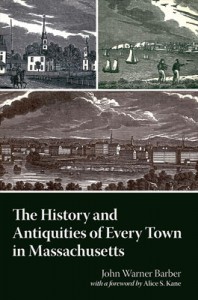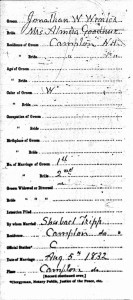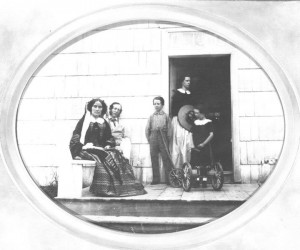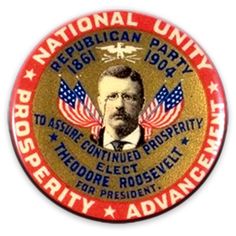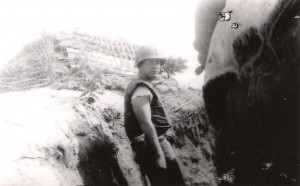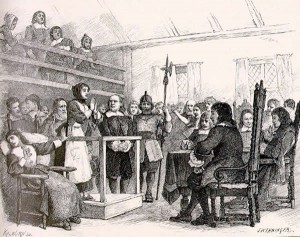
A few days ago at Vita Brevis, we heard from Andrew Krea on genealogical research running up against natural disasters. The consequent uptick in valuable family information appearing in periodicals and public records, as relatives and associates seek contact with those affected or provide refuge to survivors, provides an unintended boon in documenting extended family groups and far-flung kin. Such events may also supply an explanation to a point of family lore. A natural disaster and a bit of lore in my own family led me to encounter a genealogical project that is worthy of greater attention. Continue reading A lost relative in San Francisco
